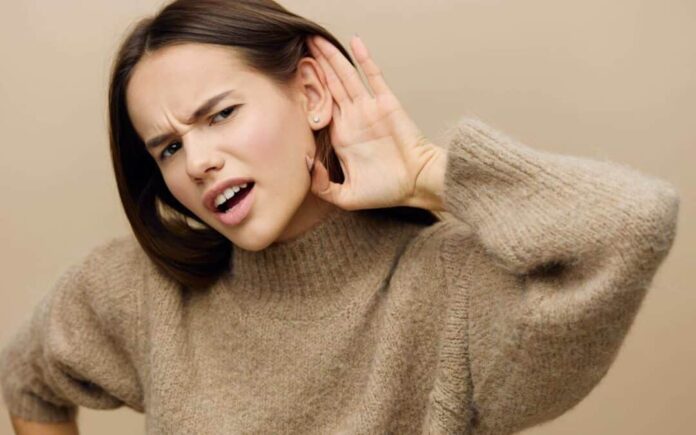With a lifetime of loud concerts and constant earbud use, millennials are often called the “hearing loss generation.” The truth is, exposure to loud noises—whether from music, sporting events, or even crowded restaurants—can cause irreversible damage to the delicate hair cells in your inner ear. This kind of damage can lead to more than just hearing problems; it’s also linked to cognitive decline, depression, and social isolation later in life.
“These potential impacts can begin earlier in life than many people realize,” says Dr. Rachel Trinker, a doctor of audiology and a millennial herself.
Fortunately, there are simple steps you can take now to protect your hearing for the future. In a report, Dr. Trinker recommends four key strategies for millennials and Gen Z.
Wear Ear Protection
This is arguably the most important step you can take. Loud environments like concerts, bars, and clubs often exceed 85 decibels, a level that can cause permanent hearing damage with prolonged exposure. Dr. Trinker notes, “You might start to feel an uncomfortable pressure or ringing in your ears, which can be an early sign of hearing loss.”
Don’t forget that a single, sudden loud noise, like a gunshot or a firework, can also cause immediate and irreversible damage.
There are many types of ear protection available, so you can find a pair that fits your needs and budget. Options range from simple foam earplugs to custom-molded plugs designed for comfort and sound quality. Keeping a pair with you—in your car, on your keychain—ensures you’re always prepared.
Follow the 60/60 Rule
When using headphones or earbuds, it’s easy to crank up the volume and lose track of time. To protect your ears, Dr. Trinker recommends the 60/60 rule: listen at no more than 60% of the maximum volume for no more than 60 minutes at a time. This simple habit gives your ears a much-needed break and helps prevent long-term damage.
Get a Hearing Test
Even if you don’t notice any major issues, a yearly hearing test is a smart move. Early signs of hearing loss can be subtle. If you find yourself straining to follow conversations, turning up the TV volume, or struggling to hear high-pitched voices, it’s time to get checked out.
Getting a baseline test from a licensed audiologist allows you to track changes over time and catch potential problems early. Many providers offer free screenings, and tests are often covered by insurance.
Get Hearing Aids
Even for mild hearing loss, hearing aids can be highly beneficial. While they can’t fully restore your hearing, they can significantly improve your quality of life, making it easier to engage in conversations and daily activities.




